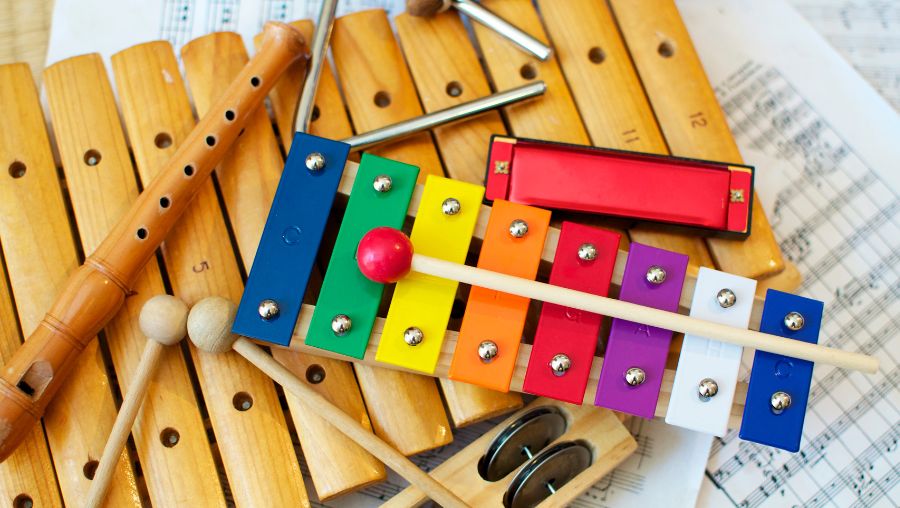Adaptive Physical Education Activities Special Needs Students Should Try at Home
In today’s rapidly evolving educational landscape, the emphasis on inclusivity has never been more critical. As educators, caregivers, and society at large strive to create environments where every child can thrive, it’s essential to remember that physical education plays a pivotal role in a child’s development.
Unfortunately, traditional physical activities and games are not always accessible or suitable for children with severe physical limitations. This gap in accessibility raises a crucial question: How can we modify physical education to be inclusive and engaging for all children, regardless of their physical abilities?
Understanding the unique challenges children with significant mobility constraints face is the first step toward bridging this gap. It’s about more than just physical movement; it’s about fostering a sense of inclusion, enhancing emotional well-being, and stimulating cognitive development through play. With this goal in mind, let’s explore some adaptive physical education activities designed to bring joy, engagement, and a sense of achievement to children with limited mobility.
Sensory Balloon Play
Creating balloons filled with different textures, such as rice, flour, or beans, can provide a rich sensory experience. This activity stimulates tactile feedback and can be adapted to suit each child’s capabilities, allowing them to explore these sensations with minimal required movement.
Music and Sound Exploration
Music transcends physical limitations, offering a unique avenue for engagement and expression. Simple, accessible instruments like bells or shakers can allow children to participate in music-making, providing auditory stimulation and a sense of accomplishment with even the slightest movement.
Visual Tracking Games
Employing bright, shiny, or light-up objects can captivate children’s attention and encourage them to follow movements with their eyes. This activity supports cognitive development and easily adapts to each child’s visual capabilities.
Breath-Controlled Activities
For children who can control their breath, activities involving blow tubes or harmonicas can be entertaining and beneficial for developing breath control and lung capacity. These simple tasks require minimal movement but offer meaningful interaction and play opportunities.
Adaptive Storytime Yoga
Combining storytelling with gentle, assisted stretches or pose adaptations allows children to participate in a soothing and inclusive activity. This approach engages children through imaginative stories and minimal physical movements, making yoga accessible.
Touch and Guess
This sensory game involves placing various objects inside a bag for children to touch and identify. It can be adapted for children with very limited mobility by having a caregiver assist in feeling the objects or bringing them to the child, enhancing cognitive skills through tactile exploration.
Choose The Deron School
Inclusivity in physical education promotes physical well-being and fosters social inclusion, emotional health, and cognitive growth. By adapting activities to be accessible to children with severe physical limitations, we can ensure that every child can experience the joy and benefits of physical play.
The Deron School offers a state-approved private school program and services tailored to your child’s needs. If you believe that your child would benefit from our wide array of resources and services, don’t hesitate to contact us with any admission inquiries.
